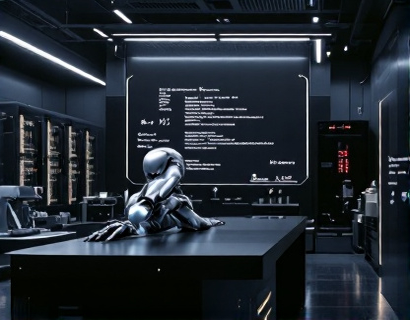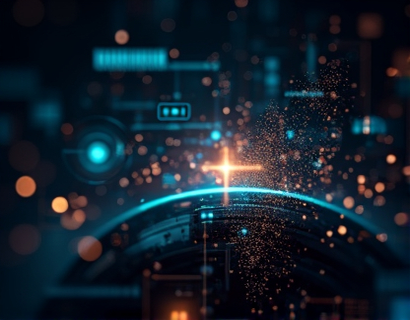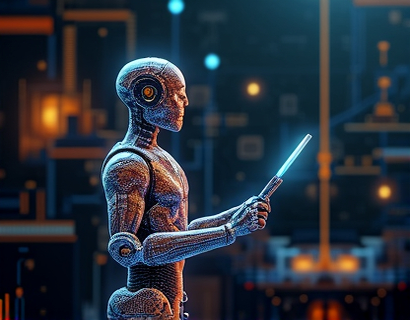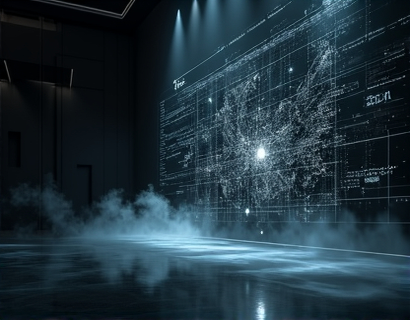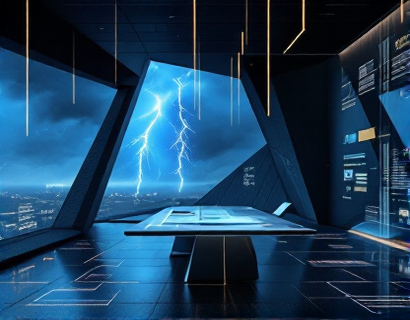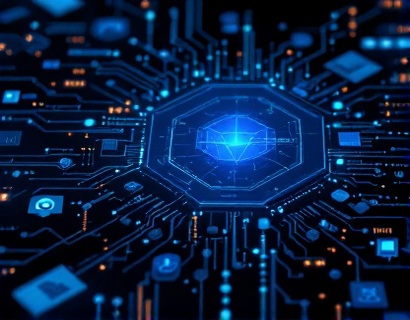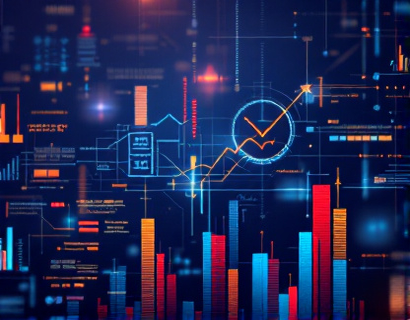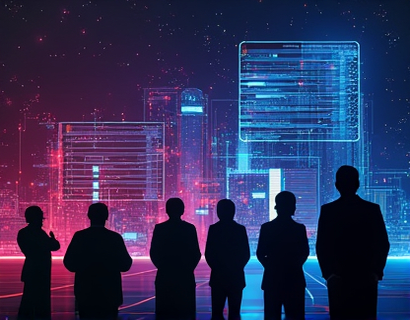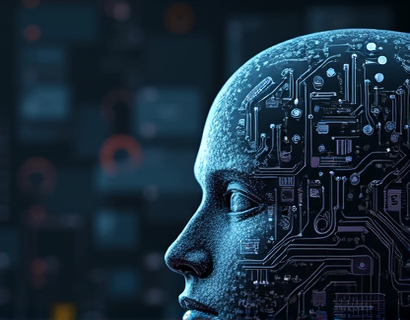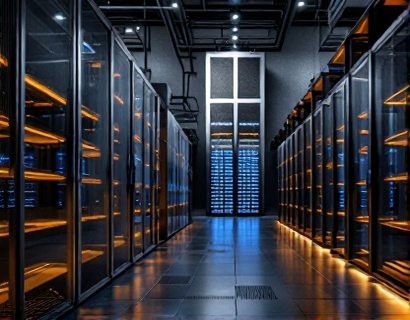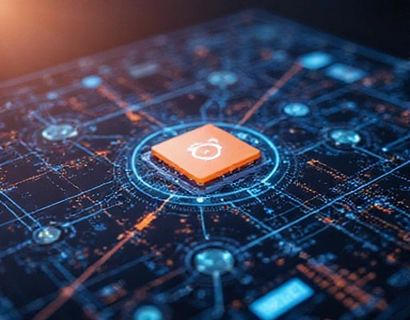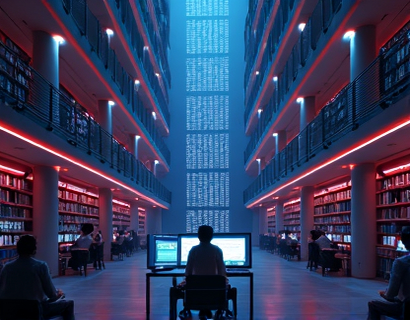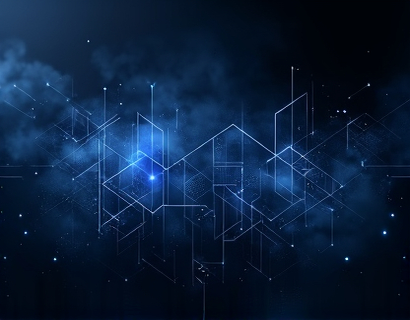Decentralized DAOs: Revolutionizing Web3 Governance with Community Empowerment and Innovation
In the rapidly evolving landscape of Web3, decentralized autonomous organizations (DAOs) are emerging as a transformative force, redefining how communities govern and manage digital protocols. This article explores the profound impact of DAOs on Web3 governance, emphasizing the benefits of community-driven models in enhancing collaboration, transparency, and scalability.
The Rise of Decentralized Governance
The concept of decentralized governance is rooted in the core principles of blockchain technology, which emphasizes decentralization, transparency, and community involvement. Unlike traditional hierarchical structures, DAOs operate on a peer-to-peer network where decisions are made collectively by token holders. This shift marks a significant departure from centralized authority, offering a more democratic and inclusive approach to governance.
Enhanced Collaboration Through DAOs
One of the most compelling aspects of DAOs is their ability to foster enhanced collaboration among community members. By leveraging smart contracts and decentralized platforms, DAOs enable seamless coordination and decision-making processes. This collaborative environment encourages diverse perspectives and ideas, leading to more innovative and effective solutions. For instance, community members can propose, discuss, and vote on project updates, bug fixes, and new feature implementations, ensuring that everyone has a voice in the development process.
Transparency in Decision-Making
Transparency is a cornerstone of DAOs, and it plays a crucial role in building trust within the community. All proposals, discussions, and voting outcomes are recorded on the blockchain, making them accessible to anyone. This level of transparency ensures that decisions are made in the best interest of the community, reducing the risk of corruption and favoritism. Moreover, the immutable nature of blockchain records provides a tamper-proof history of all governance activities, further enhancing trust and accountability.
Scalability and Efficiency
DAOs offer significant advantages in terms of scalability and efficiency. Traditional governance models often struggle with slow decision-making processes and bureaucratic hurdles. In contrast, DAOs can execute decisions quickly and efficiently, thanks to automated smart contracts. These contracts enforce the rules and procedures predefined by the community, eliminating the need for intermediaries and reducing the time and cost associated with governance. This efficiency is particularly crucial in the fast-paced world of Web3, where rapid adaptation and innovation are essential for success.
Case Studies: Successful DAOs in Web3
Several notable DAOs have demonstrated the potential of community-driven governance in Web3. One prominent example is the Aragon platform, which provides a suite of tools for building and managing DAOs. Aragon has facilitated the creation of numerous community-driven projects, showcasing the platform's effectiveness in empowering communities. Another notable instance is the DAOstack, a decentralized governance ecosystem that supports the development of DAOs across various blockchain networks. These platforms serve as proof of concept, illustrating the practical benefits of DAOs in real-world scenarios.
Example 1: The Aragon Platform
Aragon has been instrumental in democratizing governance by providing a robust framework for building and managing DAOs. The platform offers a range of tools, including proposal systems, voting mechanisms, and community management features. By leveraging Aragon, communities can create custom governance models tailored to their specific needs. This flexibility has enabled a wide array of projects, from decentralized finance (DeFi) protocols to non-fungible token (NFT) marketplaces, to implement effective governance structures.
Example 2: DAOstack
DAOstack takes a different approach by focusing on interoperability and scalability. It allows DAOs to operate across multiple blockchain networks, ensuring that communities can choose the most suitable platform for their needs. DAOstack's modular architecture supports the development of custom governance tokens and voting systems, making it easier for new DAOs to emerge and thrive. This interoperability is crucial for the growth of the Web3 ecosystem, as it enables seamless interaction and collaboration between different projects and communities.
Challenges and Considerations
While DAOs offer numerous benefits, they also come with unique challenges that need to be addressed. One of the primary concerns is the technical complexity involved in setting up and managing a DAO. Not all community members may have the necessary technical skills, which can create barriers to participation. To mitigate this, platforms like Aragon and DAOstack provide user-friendly interfaces and comprehensive documentation, making it easier for non-technical users to engage in governance processes.
Another challenge is the potential for governance attacks, such as sybil attacks, where malicious actors create multiple fake identities to manipulate voting outcomes. To counter this, DAOs can implement robust identity verification mechanisms and voting thresholds, ensuring that decisions reflect the genuine will of the community. Additionally, continuous education and community building are essential to foster a well-informed and active participant base.
The Future of Decentralized Governance
As Web3 continues to evolve, the role of DAOs in governance is likely to become even more prominent. The success of existing DAOs and the increasing adoption of decentralized technologies indicate a promising future for community-driven models. Innovations in blockchain and smart contract technology will further enhance the capabilities of DAOs, making them more accessible and efficient. The integration of artificial intelligence and machine learning could also play a significant role in automating complex governance tasks, reducing the burden on community members and enabling more sophisticated decision-making processes.
Conclusion
Decentralized DAOs are revolutionizing Web3 governance by empowering communities, enhancing collaboration, and ensuring transparency and scalability. Through successful case studies and ongoing innovations, the potential of DAOs is becoming increasingly evident. As the Web3 ecosystem continues to grow, DAOs will play a pivotal role in shaping a more democratic and inclusive digital future. By embracing these community-driven models, we can unlock the full potential of decentralized technologies and create a more equitable and prosperous online world.



